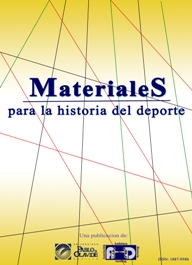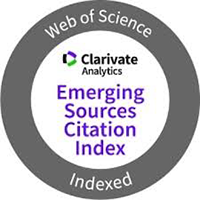Olimpism and “Soft Power. from Atenas (1986) to Beijing (2008)
Keywords:
Olympism, "soft power", politics, diplomacy, development.Abstract
The common discourse about Pierre de Coubertin identifies him as someone for whom sport was an instrument of pedagogy. However, in this article, we argue that for Coubertin the pedagogy of sport was a political instrument that today finds expression in the modern diplomacy styled figure called "Soft Power". And until the Berlin Olympics (1936), under Baillet-Lattour Presidency, this same figurative doctrine was maintained. However, after the Second World War, firstly with the leadership of Sigfrid Edström and confronting the relevant problem of "the two Chinas" and later on, under the mandates of Avery Brundage and his obsession with the no politicization, commercialism and professionalism of the Olympic Movement the IOC has became a battleground for the Cold War and the new styled figure of diplomacy called "hard power". Under the Samaranch Presidency that gave impetus to the opening of the IOC to large companies and to sports professionalism came an important new phase to pacify the IOC. More recently under Jacques Rogge leadership (since 2001) a new impetus to the IOC took place, forcing the PRC to fulfill its commitments for Beijing 2008 and a new deep arguing in order to consider sport as a fine catalytic device for change. Rogge, as Coubertin, put sport again in the way of "soft power" and the IOC could find a complete new observer status in the United Nations.
Downloads
Downloads
Published
Issue
Section
License
Authors who submit to this journal agree to the following terms:
- Author(s) keep copyright and guarantee to the journal the right to be the first publication of the work as licensed under Creative Commons Attribution-Noncommercial-ShareAlike 4.0 International as initial publication in this journal.
- Author(s) can establish additional agreements for non-exclusive distribution of the version of the work published in the journal (for example, to an institutional archives or to publish it in a book), with an acknowledgment of its initial publication in this journal.
- It is allowed and authors are encouraged to disseminate their work electronically (e.g, in institutional open archives or on their own website) before and during the submission process, as it can lead to productive exchanges, as well as a citation earlier and more of published work (See the Effect of Open Access).










